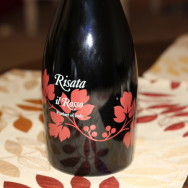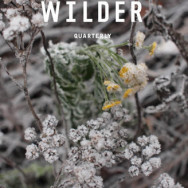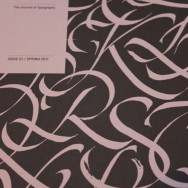I anxiously awaited the paperback release of Great House: A Novel by Nicole Krauss and the instant I bought it the instant I found it on store shelves. I absolutely loved The History of Love and was sure that I would feel the same about Krauss’ other works too. For the most part, this was an accurate guess on my part, except that I might not have fallen in love with The History of Love during my first reading of that novel; despite a memory that indicates otherwise, I find it likely that it was probably the second or third time through that I really learned to appreciate the incomplete/withheld, multi-narrator, often childishly naive story telling.
Great House: A Novel plays with similar narrative techniques. Where The History of Love unites children and their widowed mother’s translation work with an elderly Jewish refugee fled to America in the 40′s and with a friend entrusted with the elderly man’s manuscript of a novel which the friend published later under his own name, Great House brings together a lonely, divorcée American writer, an antiques dealer in Jerusalem obsessed with obtaining the original furniture from his father’s room destroyed by the Nazis, and a man desperate to know more about his wife who was a powerfully silent writer. Joining these three very different story lines is an immense desk, towering over every room it resides in and filled with drawers of all sizes, some of which have been locked since it’s original owner entrusted his son with a key to a single drawer. Rather than being continuously bought and sold, this desk is given away, loaned, and stolen; all of which echo the ongoing exploration of the inheritance and haunting of loss passed down from parents to child. The inheritance is made larger than life in this desk and is not limited to a single family or part of the world, but rather disperses across the globe with every writer adding their own confessions of doubt, tears for the lost, and news of destruction.
I am fascinated by the way Krauss manages to weave Judaism through this novel as more of a pulse while casting generational gaps and the act of writing, of simultaneously documenting, imagining, and concealing truths, as the primary themes and motivators of the story. The way that history and fiction merge in memory and literature and books are singled out, despite this, as some of the most valuable tools for glimpsing pieces of the past (by what is mentioned and what is prominently absent) is strange and yet so appealing to me. I really like that Nicole Krauss continued to explicate the functions of literature and, with this novel, add to this on-going explication the functions of writing. Add to this, the impossibly complicated merger of three isolated narratives that seem constantly on the verge of coalescing and disperse repeatedly and this book is incredibly interesting; however, be ready to work for those moments of clarity and to continue thinking about the novel days after you’ve finished reading it. To be honest, I was less than pleased when I read the parting sentences and set down the book. After further reflection, however, the beauty and brevity of this novel is impressive because of the skill required to craft such a story/stories, and because of the scope of the loss and political legacy of violence that is visible all over the world and often associated with abuse of the Jews.
Nicole Krauss writes novels that are somewhat challenging to read, but they are increasingly rewarding with every return to them. I am already excited about re-reading Great House: A Novel moths or years from now. Even if you don’t pick up this novel, check out her other novels:The History of Love
and/or Man Walks Into a Room
. Although these novels differ greatly from Jonathon Saffran Foer’s novels (Extremely Loud and Incredibly Close: A Novel
and Everything Is Illuminated: A Novel
), I tend to draw comparisons between to the casting of a childish narrator who tells, views, or participates in the stories of adults as legacies of loss, violence, destruction, and silence are conceived, inherited, and spread pervasively through a generation, demographic, and/or a culture. Loss, memory, madness, silence, and inheritance (genetic and social) are themes that I am constantly drawn to, but I would say that Nicole Krauss is one of the most talented contemporary novelists addressing these themes and, more than that, adding to the discourse on the way these themes function in literature and social perception (and reception?) of literature about wars and religious/political violence. Read Great House, but also check out these others.
P.S. – Expect a list about these themes (with slight variations) soon!







